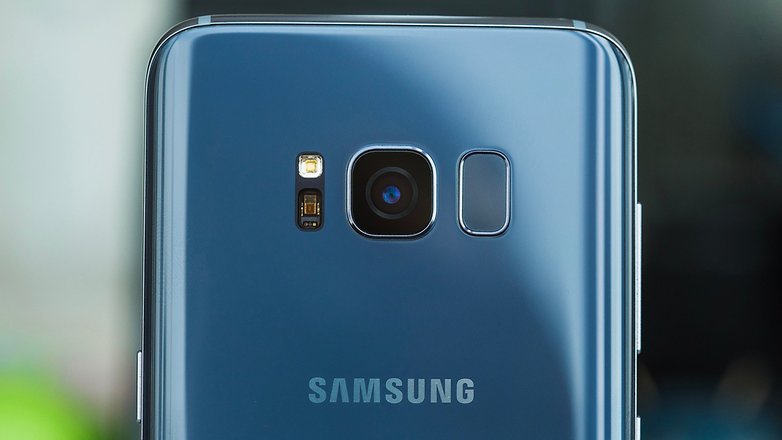Taking advantage of a morning break
between classes in Buteba, Uganda,
then-13-year-old Lucy Athieno set off to
play with friends. Then she heard some
boys shouting at her.
She looked down and saw a blotch of red
on her otherwise clean uniform.
Embarrassed, she quickly sat down. It
was the only way to stop the boys from
making fun of her.
After all the other
students had gone, she got up and went
home. She did not return to school.
Many girls in low-income communities
drop out of school when menstruation
begins because they lack information and hygienic material to use.
Days went by before Athieno shared her experience with her late mother’s friend. The woman told her to continue using rags and to throw them away after use. She said, “Nobody should see your blood. It is taboo.”
A year later, Athieno was adopted by an aunt who bought Athieno her
first sanitary pads. The gift of pads made the young woman realize
that the “problem” of menstruation was not unique to her. The aunt
also persuaded Athieno to return to school.
When she got to secondary school, Athieno — a 2014 Mandela
Washington Fellow and YALI Network member — suggested to a
teacher that they cut pieces of cloth and give them to other girls. She
believed all girls should have the right to good health and education
and not be hindered by what is a normal biological process. But the
teacher considered the idea peculiar.
Convinced that her idea was realistic and desperately needed, Athieno
carried it through to university. In her second year at Makerere
University in 2010, she began to volunteer with a women’s
organization and was convinced her cause was justifiable. “Many girls
were using rags or leaves or sitting in the sand during menstruation,”
she says.
As part of her volunteer work, she
went to Kenya where she found
an organization that was
distributing sanitary pads to girls.
Returning to Uganda, she
purchased bed sheet material and
cut it into pieces and thought,
“What if I inserted something
between two layers of this
material – something that would
absorb the blood?”
She experimented with different
types of cloth pads until she
settled on one that was washable,
comfortable and reliable. “These
pads are reusable for at least one
year, making them not only
affordable but environmentally friendly,” she says, adding that the
pads help young women return to and stay in school. One year’s
supply of pads cost just $3, she notes.
Now 30, Athieno has bought four sewing machines to make pads that
have helped hundreds of Ugandan girls. In 2013, she founded Aluta
Holdings, which holds rights for the reusable “Eco-Pads.” She wants
to expand access to the product to other countries.
So far, Aluta has provided pads to more than 400 girls. Meanwhile,
Athieno has mentored 200 girls, encouraging them to stay in school.
“I want to impact the whole of Africa,” she says. (Article courtesy of YALI)




No comments:
Post a Comment